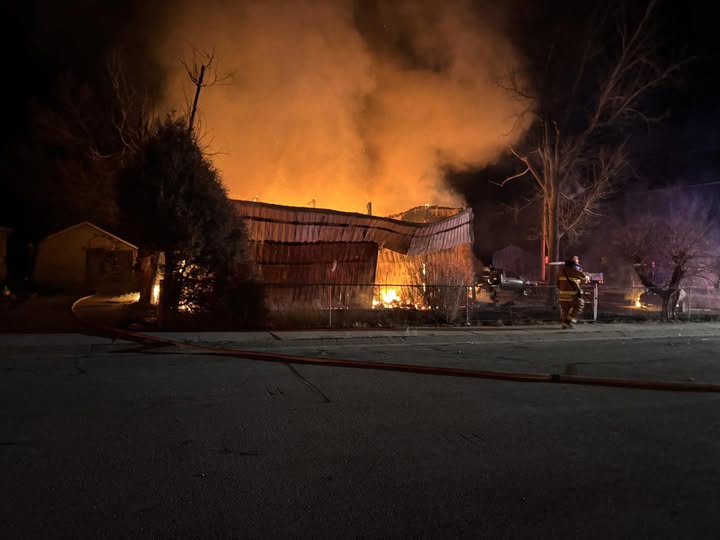WATERTOWN, S.D.–South Dakota voters head to the polls next week to decide local and statewide races, and whether to legalize recreational marijuana.
Matt Schweich is with “South Dakotans for Better Marijuana Laws,” which is urging people to vote “yes.” He says he knows who their opposition is.
“I can tell you who’s not on our side and that’s the political establishment and all the politicians. The people are on our side and that’s where we like to be. We’re defending personal freedom,” he said. “Certainly we do polls where we find for example, younger voters are more likely to support it than older voters. But, he adds, I also ran signature drives. I collected so many signatures from voters in their ’50s, ’60s and ’70s. I checked their voter registration myself. Almost all of them were Republicans. So yes, we do polls but you can’t allow polls to dictate your whole view of things.”
Polls have shown the outcome could be very close, so Schweich says it’s about turning out the vote.
“Our mission is to get people aware of the need to vote in this election,” said Schweich. “We’re very focused on get out the vote and raising awareness and getting people excited about the opportunity to pass Measure 27 because it is a step forward and it serves the interest of the people of South Dakota.”
Jim Kinyon is with’ “Protecting South Dakota Kids.” They’re the statewide group pushing a “no” vote.
“This drug is not what we all knew back in the ’60s and ’70s. This drug is on steroids,” said Kinyon. “As a mental health professional, I’ve seen multiple kids in psychotic states. When they (proponents) present that this drug will make us happy and free, that’s what drug pushers always say.”
He continued, “We have to know who is behind this. It’s imperative that moms and dads, grandmas and grandpas stand up and tell drug pushers to leave our kids, our families and our communities alone.”
South Dakota voters approved recreational marijuana in 2020, but the vote was nullified (spearheaded by Gov. Kristi Noem) when the State Supreme Court ruled the ballot language was unconstitutional.











